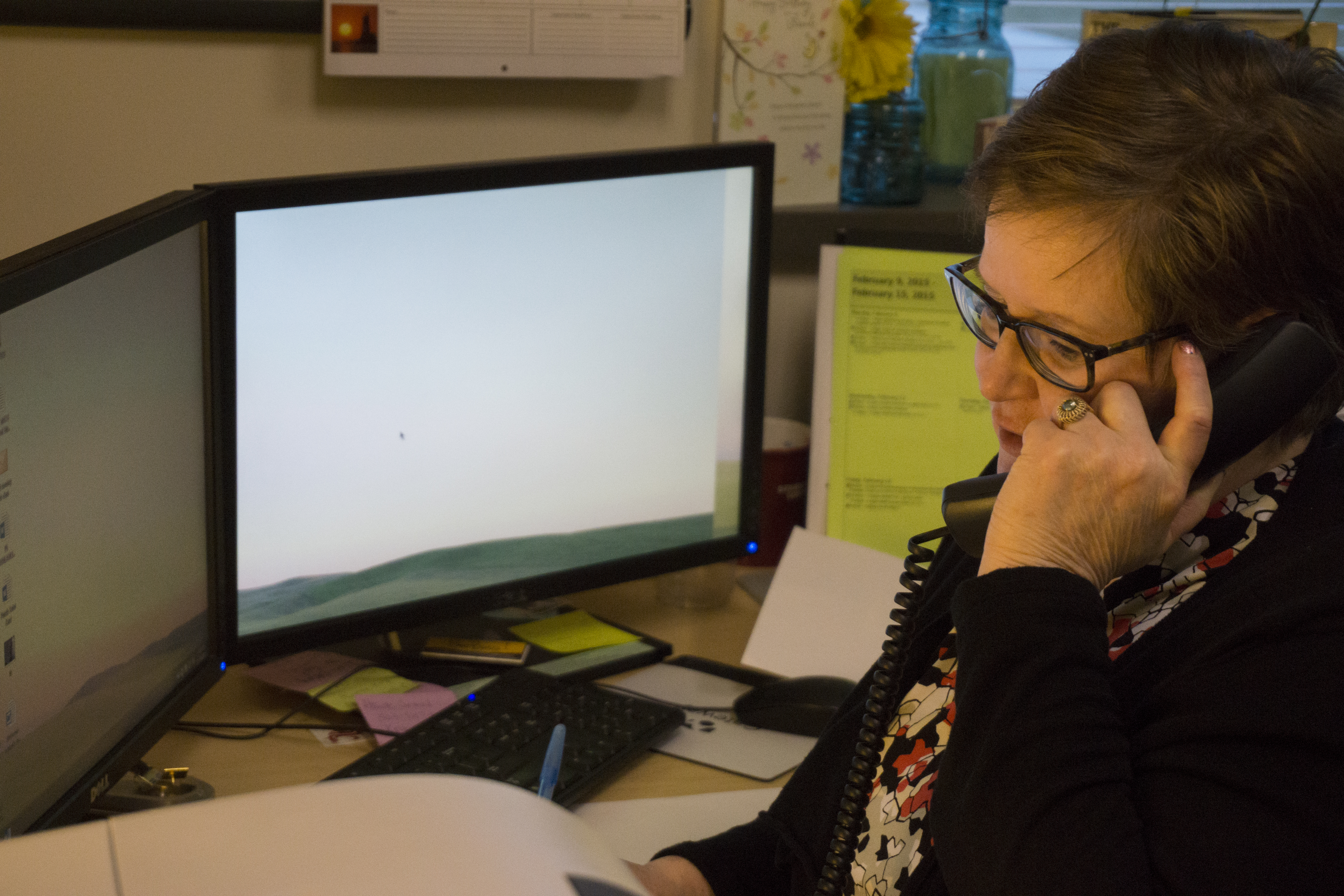Caroline Rhoads
The Communicator
In a sub lounge not so far away, nurses from around the state met for the first ever “Prepare to care symposium” to discuss the need for more nurses in the force and their changing roles in healthcare.
Debbie Carlson, who is the Nurse Practice Advisor at the Nursing Care Quality Assurance Commission said, “the switch is going to be from care in acute settings in hospitals and focus more on wellness and prevention.” The focus of the convention was on “how to educate new nurses in nursing school and what roles nurses play in this,” Carlson said.
Nurses entering the field today will have more opportunities to work with new technologies . “we are looking at some roles right now with nursing education using technology such as avatars and telehealth, doing care via internet or using robots,” Carlson said.
Nurses can use the technologies to connect patients with doctors in rural areas or to specialists who live far away. “Patients could get a doctor in Philadelphia,” Linda Patterson, a nurse consultant who specializes in education and outreach said. According to Carlson these doctors will be able to “hear the blood pressure and feel whatever the nurse is feeling,” using special gloves and stethoscopes.
Patterson said that in the future “nurses will become more specialized.: though right now the field is already very diverse. Nurses can already specialize in areas such as pediatrics, oncology, anesthetics and according to Patterson they can even get a certification to perform surgery.
The big move right now seems to be headed towards advanced practice nurse practitioners (APRN’s). To become one right now requires several years more schooling with “content that culminates in a graduate degree according to” WAC 246-840-455
Desirae Knight, a student at SFCC who comes from a family of nurses, her mother is a certified nursing assistant and grandmother is a registered nurse (RN), said that right now nurses are being “overworked and underpaid.” The average pay right now for an RN in spokane right now is $33.64 per hour, but an ARNP who specializes in anesthetics can make more than double that amount at $80.89 per hour according to the bureau of labor statistics.
In addition to more pay, APRN’s are given much more autonomy and can practice on their own without the supervision of a physician. According to WAC 246-840-300, they can prescribe medications, diagnose patients and “assume primary responsibility and accountability for [their] care,” as long as they do so “within the scope of ARNP’s knowledge, experience & practice.”
“Washington has led the way by allowing the nurse to practice independently,” Carlson said, also adding that this kind of autonomy isn’t the same in every state and ARNP’s looking to transfer in and out might run into some problems.
This is still a lot of work to be done in the field however. according to Carlson, since nurses haven’t traditionally been able to treat patients, a lot of insurance companies still won’t cover care given by ARNP’s.
Setting new national standards for education, like the new DTA passed last march to make credit transfers easier for nursing students in Washington may make it easier for nurses to receive recognition, and smooth transitions between states.

